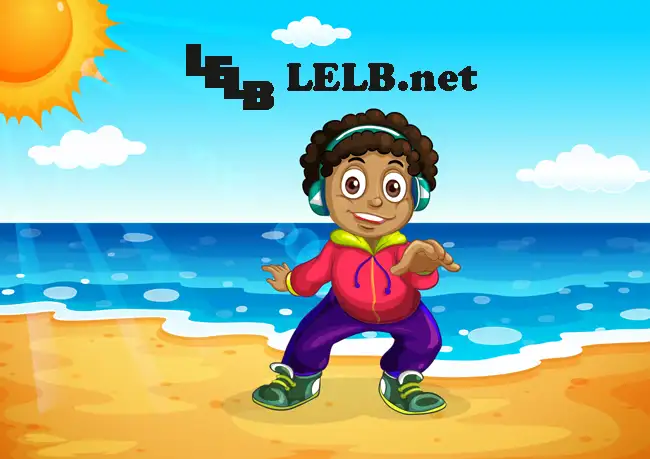Zone of Proximal Development or ZPD in second language learning from a sociolinguistic point of view
Zone of Proximal Development

- The Actual Developmental Level: According to Vygotsky (1978, p. 85), it is the level of development of the child’s mental functions that has been established as a result of certain already completed developmental cycles.
- The Potential Developmental Level: It is performed through problem solving activities undertaken with the assistance of an adult (an expert) or through collaboration with peers (novices). This second level of development is the main one in ZPD. As Vygotsky has stated, it is the ‘bud’ rather than the ‘fruit’ of development.
- In the third level of development, the learner is unable to perform the task even if assistance is provided.

ZPD is one of the four basic principles of sociocultural theory. It is defined by Vygotsky (1978) as “the distance between the actual developmental level as determined by independent problem solving and the level of potential development as determined through problem solving under adult guidance or in collaboration with more capable peers” (p. 86). What this means is that learning results from interpersonal activity; it is interpersonal activity that forms the basis for individual functioning. This clearly embodies the social nature of learning and underscores the importance of collaborative learning as it shapes what is learn (Gass & Selinker, 2008).

The ZPD is premised on the view that development has both a social and a psychological dimension. The social dimension is where the ‘buds’ of learning grow and, when the functions acquired through assistance become autonomous, they develop into ‘flowers’.

Vygotsky’s zone of proximal development is closely linked with the construct of ‘assisted performance’, which is attributed to three types of interpretation:
- The Skills Interpretation draws on language teaching.
- The Scaffolding interpretation of the ZPD has become synonymous with the process of expert-novice interpretation even to the point where it has been used to justify the IRF sequence.
- Collaborative dialogues are on the grounds that ZPD allows for “recognition of the notion that language-in-use constitutes an object of reflection”
There is obvious merit in interpreting the ZPD as validating the role of collaborative activity in cognitive development. It is believed that ZPD explains a number of important phenomena about learning:
- First, it explains why there are some structures that learners fail to perform no matter what the external mediation; learners are unable to construct the ZPDs that make the performance of such structures possible.
- Second, it explains why learners are able to perform some structures with social assistance but not independently; they are able to construct ZPDs for performing these even though they have not internalized them.
- Third, it explains how learners come to internalize new structures.
ZPD and assessment

ZPD affords a formative view of assessment, that is, assessment should focus on what learners can do with assistance at the present moment rather what they are capable of independently. This refers to the gap between the actual developmental level as shown by the child’s unaided performance and her potential level as shown by her performance under adult guidance or in collaboration with more capable peers. The process of support and guidance offered by adults to help the child to perform at the higher level is known as ‘scaffolding’.
References
- Gass, S. M., & Selinker, L. (2008). Second language acquisition: An introductory course. New York: Routledge.
- Vygotsky, L. S. (1978). Mind in society: The development of higher psychological processes. Cambridge: Harvard University Press.



